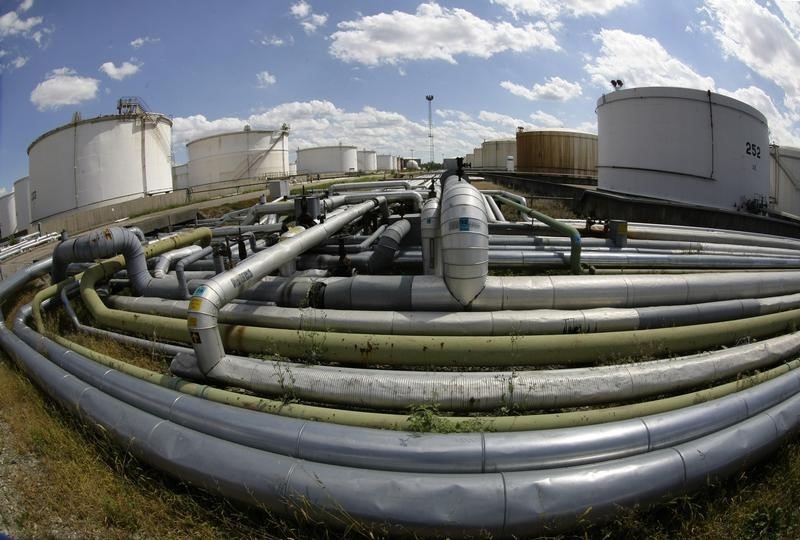Florence Tan and Yantultra Ngui
SINGAPORE (Reuters) – Singaporean global investment firm Temasek said on Tuesday it has agreed to sell 100% of its shares in liquefied natural gas (LNG) trading company Pavilion Energy to Shell (LON:).
The statement confirmed a Reuters report last Thursday that said Temasek was finalizing the sale of Pavilion Energy to Shell in the coming days in a deal worth hundreds of millions of US dollars.
Temasek did not disclose financial details of the sale in his statement.
“We believe Shell is well positioned to grow Pavilion Energy’s business and strengthen its global LNG hub in Singapore,” Juliet Teo, Temasek’s head of portfolio development and head of the Singapore market, said in a statement.
The deal will give Shell, already the world’s largest LNG trader, access to gas markets in Europe and Singapore as it aggressively expands its presence in the LNG market after posting billions in profits last year.
The deal comes just over a decade after Temasek founded Pavilion Energy to meet growing energy demand in Asia and support the energy transition.
Since 2013, Pavilion Energy has expanded from Singapore to Europe and has built a portfolio of approximately 6.5 million tonnes per annum or million tonnes of LNG supply contracts from suppliers such as Chevron (NYSE:), BP (NYSE:) and QatarEnergy.
According to the statement, the company also has contracts to supply gas from leading gas liquefaction plants in the United States: Corpus Christi Liquefaction, Freeport LNG and Cameron LNG.
Temasek will retain its wholly owned unit Gas Supply Pte Ltd (GSPL), which imports pipeline natural gas from South Sumatra in Indonesia, it said in a statement.
Pavilion Energy’s pipeline gas contracts with customers in the energy sector are also not part of the deal and will be transferred to GSPL until the deal is completed, the statement said.
In addition, Pavilion Energy’s 20% stake in Blocks 1 and 4 in Tanzania will not be included in the deal.
The deal is expected to be completed by the first quarter of next year, subject to regulatory approval, the statement said.


